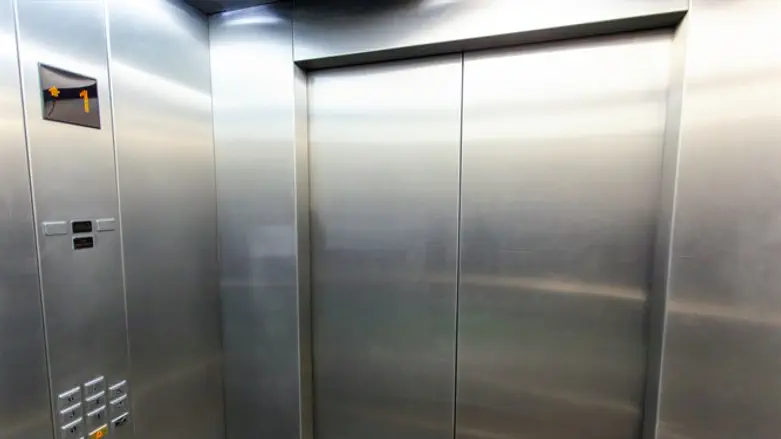
Eleven Jewish residents of The Colony, a 32-floor full-service cooperative apartment building in Fort Lee, New Jersey are suing the building, its board members and its management company alleging religious discrimination.
They are also arguing that some of the residents’ rights have been violated under the reasonable accommodation clause due to handicap with regard to the building's Shabbat elevator.
According to the Jewish Link, the plaintiffs and other residents of The Colony who observe Shabbat are mostly elderly, physically disabled or both. They have been relying on the building’s staff for help on Shabbat for over 16 years.
In May of 2019, building shareholders voted for a Shabbat elevator system to be implemented in the building’s service elevators.
The Shabbat elevators allowed the observant residents to have greater mobility and independence, claimed the plaintiffs in their lawsuit.
According to Hamodia, the plaintiffs are alleging that The Colony overturned the decision, secretly terminating the program shortly before Rosh Hashanah. Observant residents – elderly people with mobility issues – were suddenly confined to their apartments.
Their complaint stated that they were discriminated under the Fair Housing Act, the New Jersey Law Against Discrimination and several other state and federal statutes.
The plaintiffs further alleged that they were victims of a series of hostile actions revolving around the Shabbat elevator program being suddenly stopped. They described the end of the Shabbat elevators being disclosed with a threatening memo sent to building shareholders. And they further stated that after the program was stopped before Rosh Hashanah, building staff were secretly instructed to refrain from helping the building’s Shabbat observant residents with the normal elevators.
They are claiming that the new policy specifically targeted Shabbat observant tenants while during the rest of the week, residents were availed of full service staff assistance, including elevator assistance for everyone.
The practice of all building residents receiving elevator help whenever needed had been ongoing for 16 years until the change.
“They said even though the staff in the building had been helping people by pressing buttons in the elevator long before there was a Sabbath elevator, now they were banned from doing so,” said Yehuda Buchweitz, the lawyer who is handling their case for Weil, Gotshal and Manges, LLP, in an interview with the Jewish Link.
He noted that the residents involved in the case are in their eighties and nineties. One of them has Parkinson’s Disease.
"We had a mediation with them, we tried to work it out internally. I always say we want an eruv, not a lawsuit, a shul not a lawsuit. Now we want a Shabbat elevator, not a lawsuit. But unfortunately, we need to proceed,” said Buchweitz.
Weil, Gotshal and Manges, LLP has previously worked on other religious discrimination cases on behalf of the Jewish community, including a religious land use case on behalf of Congregation Shomrei Torah in Clifton, New Jersey and cases involving obstacles to the construction of an eruv.
